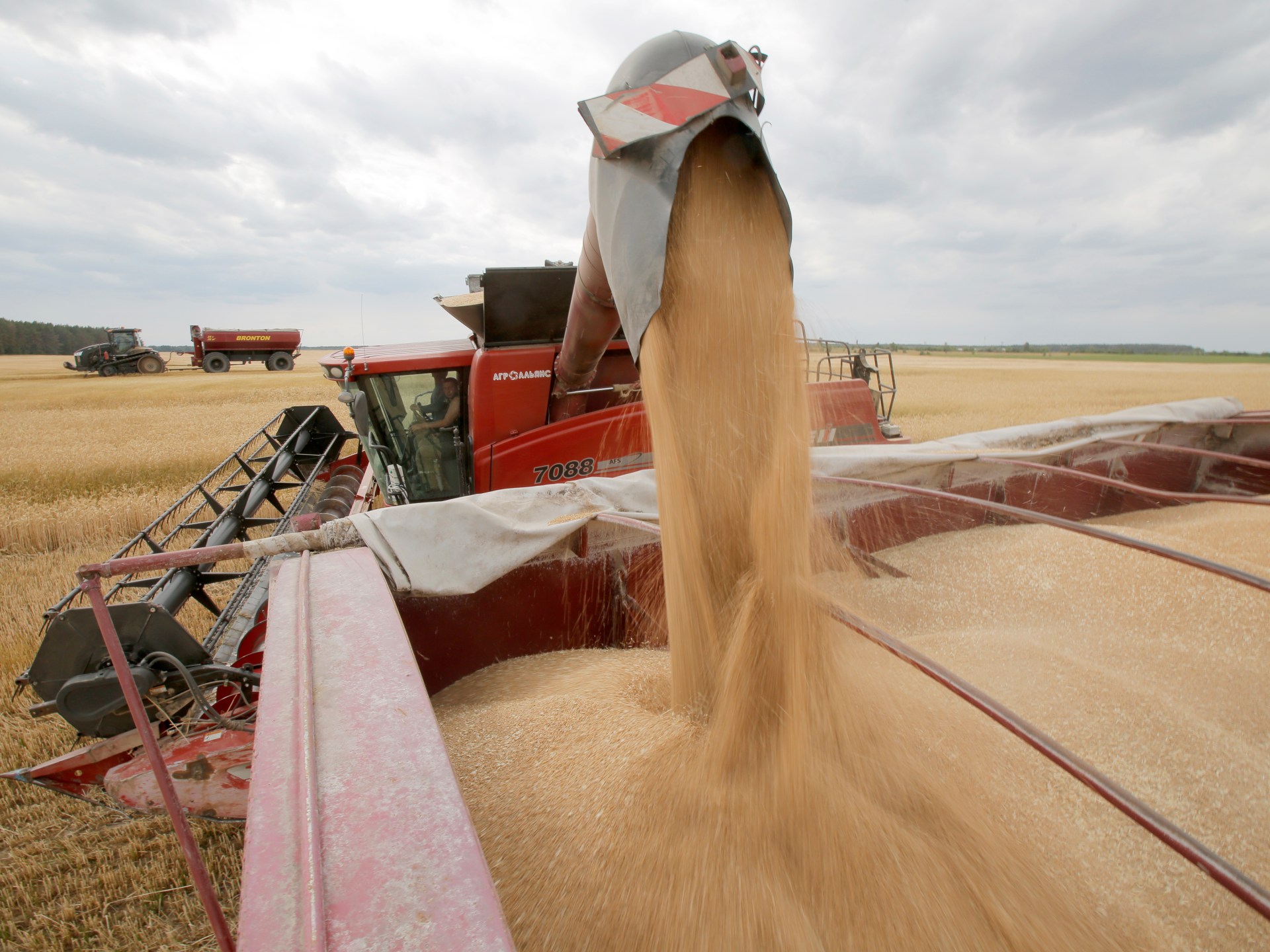The United Nations Food and Agriculture Organization (FAO) reported a rise in the world food price index for the third consecutive month in May, driven by higher grain and dairy product prices. The index, which tracks the prices of globally traded food commodities, reached an average of 120.4 points, recording a 0.9% increase from April. Nevertheless, the index remains 3.4% lower compared to the same month last year.
Grain prices surged by 6.3% month-on-month due to concerns about unfavorable conditions affecting the 2024 harvest in major production regions such as the Black Sea, North America, and Europe. The hike in grain prices was further influenced by rising corn export prices, driven by production issues in Argentina and Brazil, as well as limited sales activity in Ukraine.
Dairy product prices rose by 1.8% in May, fueled by increased demand ahead of the summer holidays and worries about a potential decline in milk production in Western Europe. The FAO noted that the demand from the retail and food service sectors significantly contributed to the price hike.
Conversely, prices for sugar and vegetable oils saw significant declines. The sugar index fell sharply by 7.5% due to a strong start to the new harvest in Brazil, a major sugar producer. Similarly, vegetable oil prices dropped 2.4% as palm oil prices decreased amid rising seasonal production.
In a separate report, the FAO projected that global grain production for the 2024-2025 season would be around 2.846 billion tons, maintaining a record-equivalent production volume similar to the 2023-2024 season. However, the organization warned that adverse weather conditions in the Black Sea region could lead to a decline in global wheat production, a potential issue not yet reflected in the current forecasts.
- The FAO's latest findings highlight the volatile nature of the global food market, influenced heavily by climatic conditions and geopolitical factors. The anticipation of unfavorable weather impacting harvests in key regions has resulted in fluctuating prices for essential food commodities.
- The decline in sugar prices reflects Brazil's strong performance as a leading sugar producer, while the drop in vegetable oil prices is indicative of the seasonal variances impacting palm oil production. The FAO's continuous monitoring provides key insights into these market dynamics, essential for stakeholders across the agricultural sector.
- With potential declines in wheat production looming due to adverse weather conditions, countries reliant on wheat imports should prepare for possible disruptions and price fluctuations in the coming seasons.





